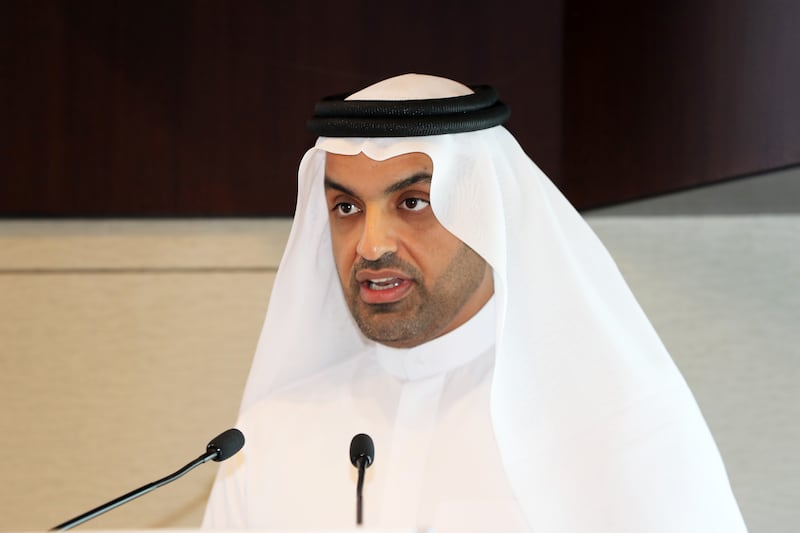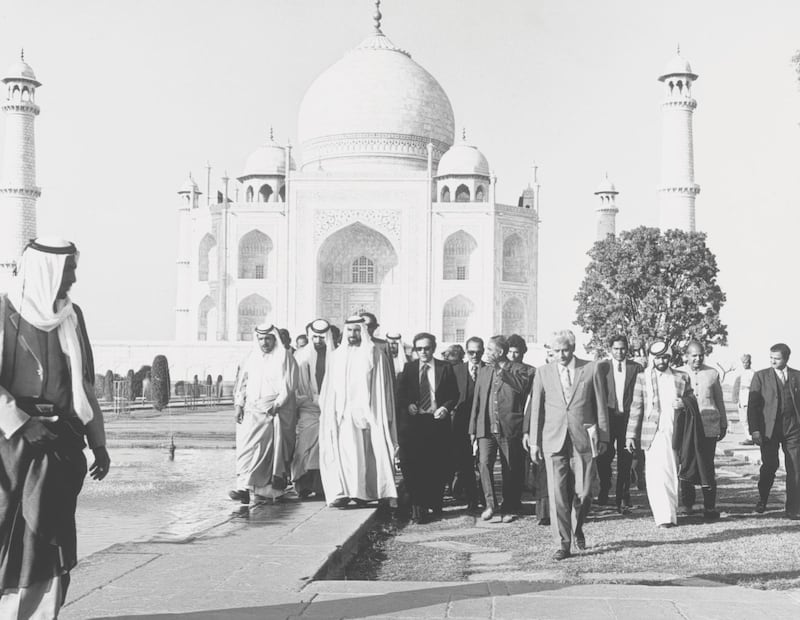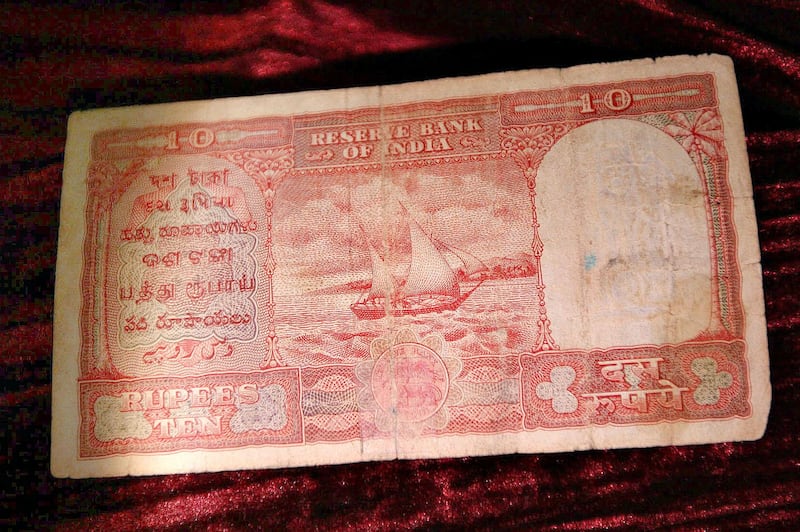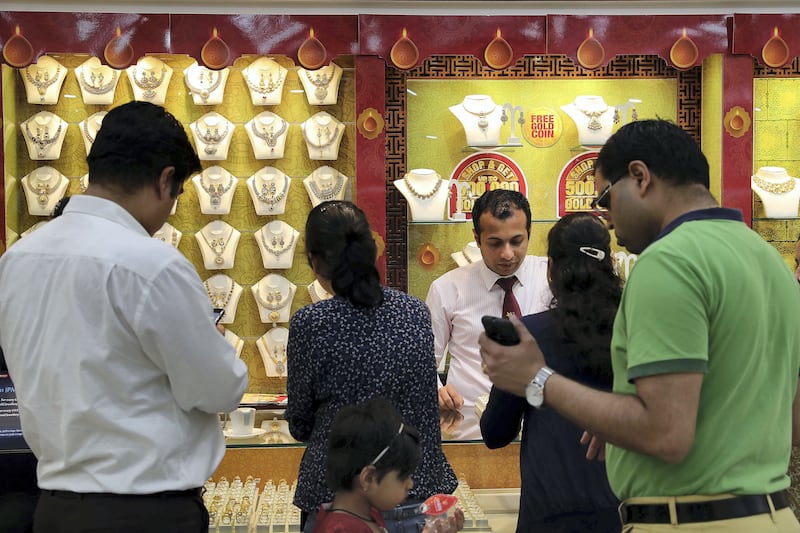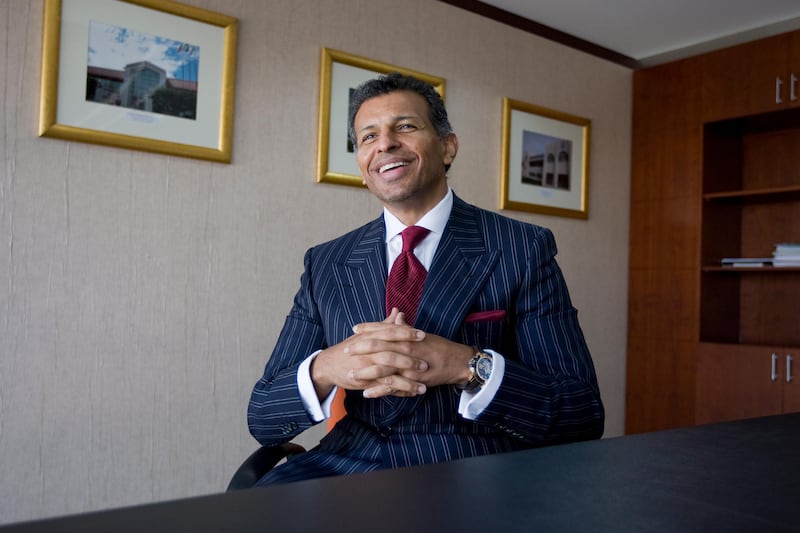Bilateral trade between India and the UAE has increased 30 per cent in the eight months since the countries implemented the Comprehensive Economic Partnership Agreement (Cepa) in May, according to Sunjay Sudhir, India’s ambassador to the UAE.
The countries are already on course to achieving $88 billion worth of trade in this financial year, he said on Tuesday, while speaking at the India-UAE Partnership Summit in Dubai on Tuesday.
Food security and gems and jewellery are the industries that have gained the most since India and the UAE signed the Cepa in February last year, Piyush Goyal, India’s minister of commerce and industry, said virtually at the event.
The two countries also have attractive and complementary start-up ecosystems, the minister said.
A “golden era” in entrepreneurship is emerging at Indian states and cities such as Bengaluru, Mumbai and New Delhi, and the UAE’s business hubs of Abu Dhabi and Dubai, he added.
“Complementarities are waiting to be further leveraged. We can surpass the rather modest targets set to increase bilateral merchandise trade to $100 billion in five years, which is about twice the pre-pandemic levels, and increase services trade to at least $15 billion in the next five years,” Mr Goyal said.
In 2022, the UAE signed its first Cepa with India, the world’s fastest-growing economy, which helped propel bilateral trade to $38.6 billion in the first nine months of 2022 — almost double the figure recorded in the same period of 2020.
The Cepa came into effect on May 1. The benefits of Cepa include enhanced market access, lower or eliminated tariff rules, simpler customs procedures, clear and transparent rules and rule-based competition.
The agreement is expected to boost non-oil trade between the two countries to $100 billion in five years from $60 billion in 2021.
As part of the agreement, 80 per cent of tariffs on Indian and UAE goods have been removed, with plans to lift all tariffs within 10 years to boost trade between the countries, said Dr Thani Al Zeyoudi, the UAE's Minister of State for Foreign Trade.
The deal, which is a part of the UAE's strategy to boost trade, is also expected to add 1.7 per cent, or $8.9 billion, to the country's gross domestic product and boost exports by 1.5 per cent, or $7.6 billion, by 2030.
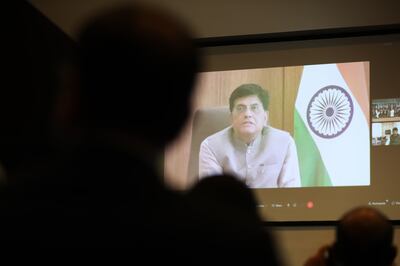
The UAE is India's third-biggest trading partner, while the South Asian nation is the Emirates’ second-largest trading partner.
India hopes to see its exports touch $1 trillion in the near to medium term, Mr Goyal said.
“Our growing bilateral trade will play an integral role in the UAE’s efforts to double the size of its economy by 2030,” he added.
Areas of co-operation between India and the UAE include the rupee-dirham trade, virtual trade corridor, food corridor and start-ups, the minister said.
Textiles, green energy, wind and solar energy, connectivity, ports, airports, roads, waste management and desalination are among other opportunities where the countries can work together, he added.
“There are also opportunities to work together in the financial sphere, such as in equities, bonds, debentures, mutual funds and real estate investment trusts. We will see concrete progress on all these fronts,” he said.
The Cepa has imparted a “new energy” to bilateral economic engagement in terms of both trade and investment, the Indian ambassador said.
Trade in the agriculture sector has also benefited from the Cepa pact, according to Mr Sudhir.
Thriving relationship between the UAE and India - in pictures
The Cepa will help open doors for Indian companies to come to the UAE, Mohammad Lootah, president and chief executive of Dubai Chambers, said.
“Dubai Chambers will add value to that. Our ‘Dubai Global’ initiative aims to open 50 offices globally by 2030. This will expand the Indian companies’ trade network,” he said.
Gold and food manufacturing are currently the leading trade sectors between India and the UAE, Mr Lootah said. Vertical growth is possible in these industries, he added.
Dubai Chambers would like to concentrate on technology-related sectors, he said.
About 83,000 Indian companies are registered with Dubai Chambers. More than 30 per cent of the start-up community in Dubai is represented by Indians.
Indian companies and NRI-based entities have generated one million jobs in the UAE, Mr Lootah said.
The UAE's Ministry of Economy unveiled a new web page dedicated to Cepa in April, which provides information to companies and investors in the UAE who wish to capitalise on the benefits provided by the agreement.
The portal provides detailed information on all 18 chapters of Cepa and lists simple steps that companies in the UAE can adopt to forge or expand their business relationship with and ease their entry into the Indian market.
The ministry said a team of experts have been appointed to respond to enquiries from the private sector and investors, including from the Abu Dhabi and Dubai Chambers and the Department of Economy and Tourism.

